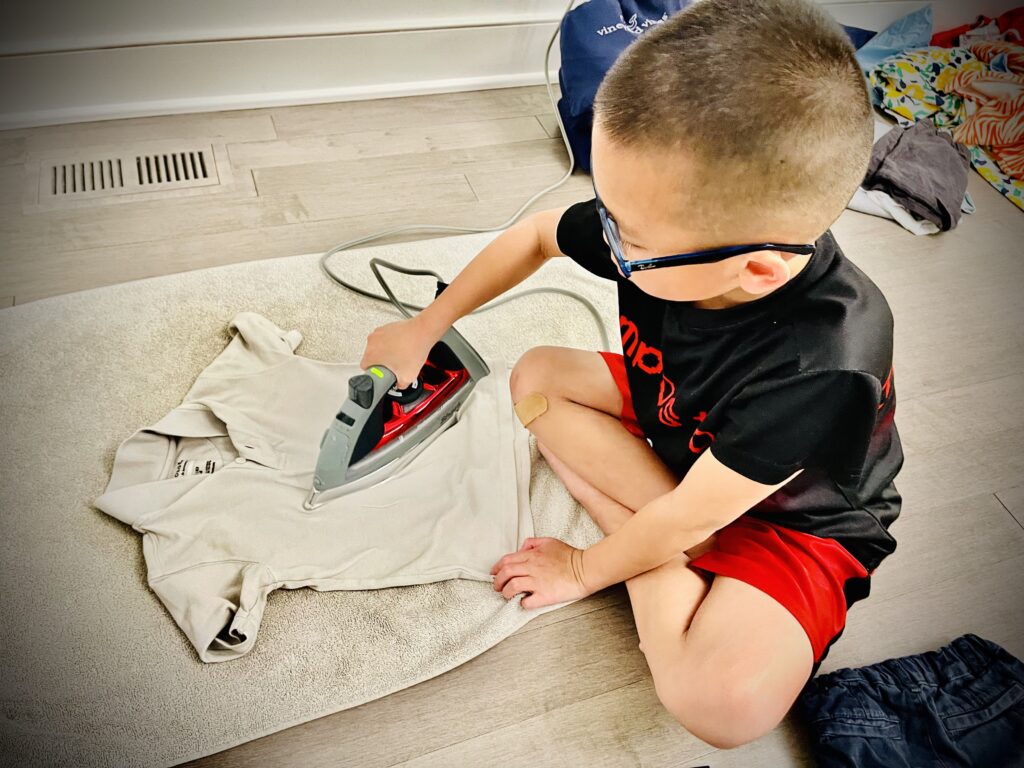The age-old adage that money cannot buy happiness is often met with a skeptical eye by those who have experienced the joy of giving. This statement is supported by various authors and scholars who have explored the relationship between money, hard work, accumulated wealth, and the joy that comes from giving.
Money and Happiness: A Complex Relationship
In his book “The High Price of Materialism,” Tim Kasser articulates that the relentless pursuit of wealth can lead to unhappiness. However, he also acknowledges that using money in a way that aligns with one’s values, such as giving to others, can indeed foster happiness.

The Hard Work and Joy of Accumulation
Creating wealth is not merely about amassing money. It’s about the journey, the lessons learned, and the hard work put in. In “Outliers,” Malcolm Gladwell discusses the ‘10,000-Hour Rule,’ where mastery in any field requires immense hard work. This mastery, when utilized to accumulate wealth, can be a source of joy and satisfaction.
Wealth as a Tool for Good
Money itself is not inherently good or evil; rather, it is how it is used that determines its value. Bill Gates and Warren Buffet, two of the world’s wealthiest individuals, have pledged to give away the majority of their fortunes. They exemplify how accumulated wealth can be a force for good in the world.
In his book “Giving: How Each of Us Can Change the World,” Bill Clinton emphasizes the transformative power of giving. He illustrates that the act of donating money and time to causes that matter can have a profound impact on both the giver and the receiver.
The Philosophy of Giving
The connection between money and happiness becomes more evident when we examine the act of giving. In “The Life You Can Save,” Peter Singer argues that donating to those less fortunate is not just a moral duty but also a path to personal fulfillment.
Conclusion
The claim that money does not make one happy oversimplifies a complex issue. As supported by various authors and books, the act of hard work, accumulating wealth, and especially giving it away can indeed be sources of profound happiness. The joy of giving, supported by the responsible accumulation of wealth, reveals that money can indeed be a tool for positive change and personal contentment.





